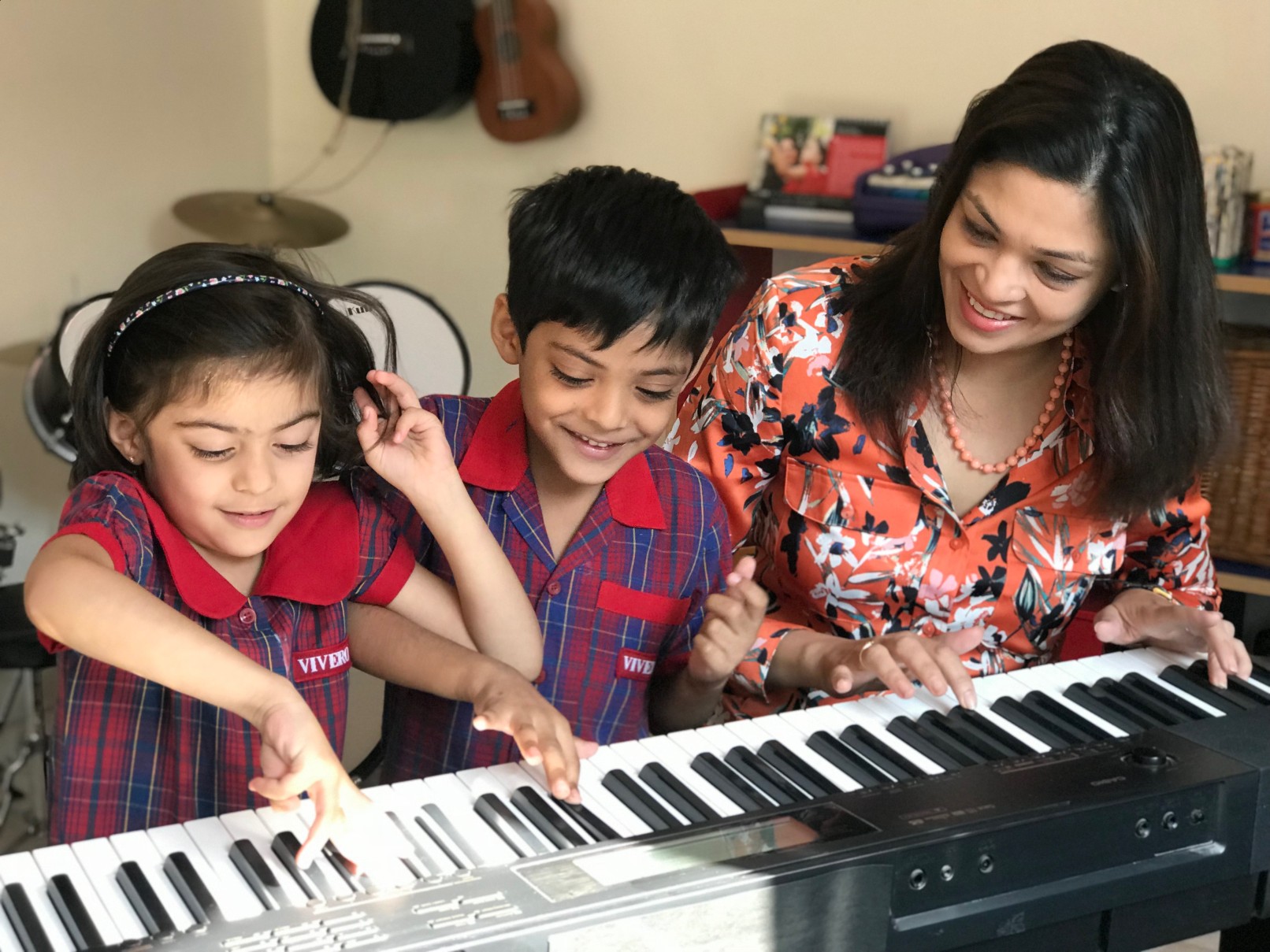- Call/Whatsapp: +91-9372801276
- Mail us: info@viverointernational.com
Lifelong learner is a term to describe someone who desires to be a forever, student. They’re always exploring, thinking, creating, wondering, discovering, questioning – maybe about a particular subject or generally.
Every parent would like their child to learn, but I wondered: what’s the value of being a lifelong learner?
Research has shown that lifelong learning has a great impact on brain health, building confidence, and fostering children’s social emotional skills. It additionally it offers amazing opportunities to search for information and improves the skill to communicate. The early years are extremely impressionable and hence we need to give our young learners meaningful experiences during their preschool years.
Raising a child who is a lifelong learner is not hard. But it takes time and patience, just like any other aspect of parenthood!
When we give our children the gift of loving to learn we equip them with an insatiable desire to understand their evolving world and the relationships they have.

Here are some simple ways to begin cultivating the lifelong learner in your child.
1. Have Conversations - Children love talking, especially about things they’re interested in. We must use the real words for things. If they don’t understand explain it to them, or help them track down the answer.
2. Ask Questions - Nothing gets us thinking more like, asking open-ended questions. Open-ended questions have no definitive answer so children are free to explore strains of thought without worrying about getting the answer wrong. When children express their interest in something, ask them open ended questions- what they think about it, what if it were different – those types of questions to get their brains churning.
3. Encourage Curiosity - Children are naturally born curious. They learn by touch, smell, sight, taste, hearing, and movement. And they want to know all about it. Why? How? What? Where? Who? However, sometimes don’t have time for children to stop and ask questions or examine – a leaf, bark of the tree or a toy! We should spare a minute, to boost our children’s curiosity as they inquire about the world.
4. Read, Read, Read - It’s no secret that early literacy sets children up for reading success. But beside that, introducing our children to books about cultures and people that are different, while helping them see beyond themselves and their situation, can further grow a lifelong learner and grow empathetic children.
5. Cut Down Screen Time - Numerous studies have shown that excessive screen time stifles creativity in children and stunts their imagination skills. From birth to age five is a “critical period” in which the brain is building its permanent foundation. Creativity is what children are known for! They use creative play to learn appropriate social behaviours and build intelligence. Engagement in too much screen time, may spur children to believe that creative, imaginative play is boring, and they may rely on the ideas or stories of others instead of forming their own.
6. Let Your Children See You Fail - A huge part of being a lifelong learner is learning to fail, well because it will happen! We are responsible for giving them a healthy attitude towards failure. Our response to our own failures is paramount to our children. When they see us portray an attitude of frustration, they’ll think that failure is the end and will resist trying again.
7. Invite Them into Your World - Need to cook a meal? Run to the bank? Run an errand? Invite them along! When you do that you create an opportunity for them to understand how adults manage daily tasks. Ask them questions about what they thought the bank would be like, or how they’d like to help with dinner preparations. These interactions will help them learn a new skill.
8. Encourage Independence (Within Reason!) - When parents hover over their child, watching every step he/she is taking, telling them to be careful, they lose an opportunity to learn about natural consequences. Learning to problem solve by themselves is a valuable skill for a lifelong learner.
